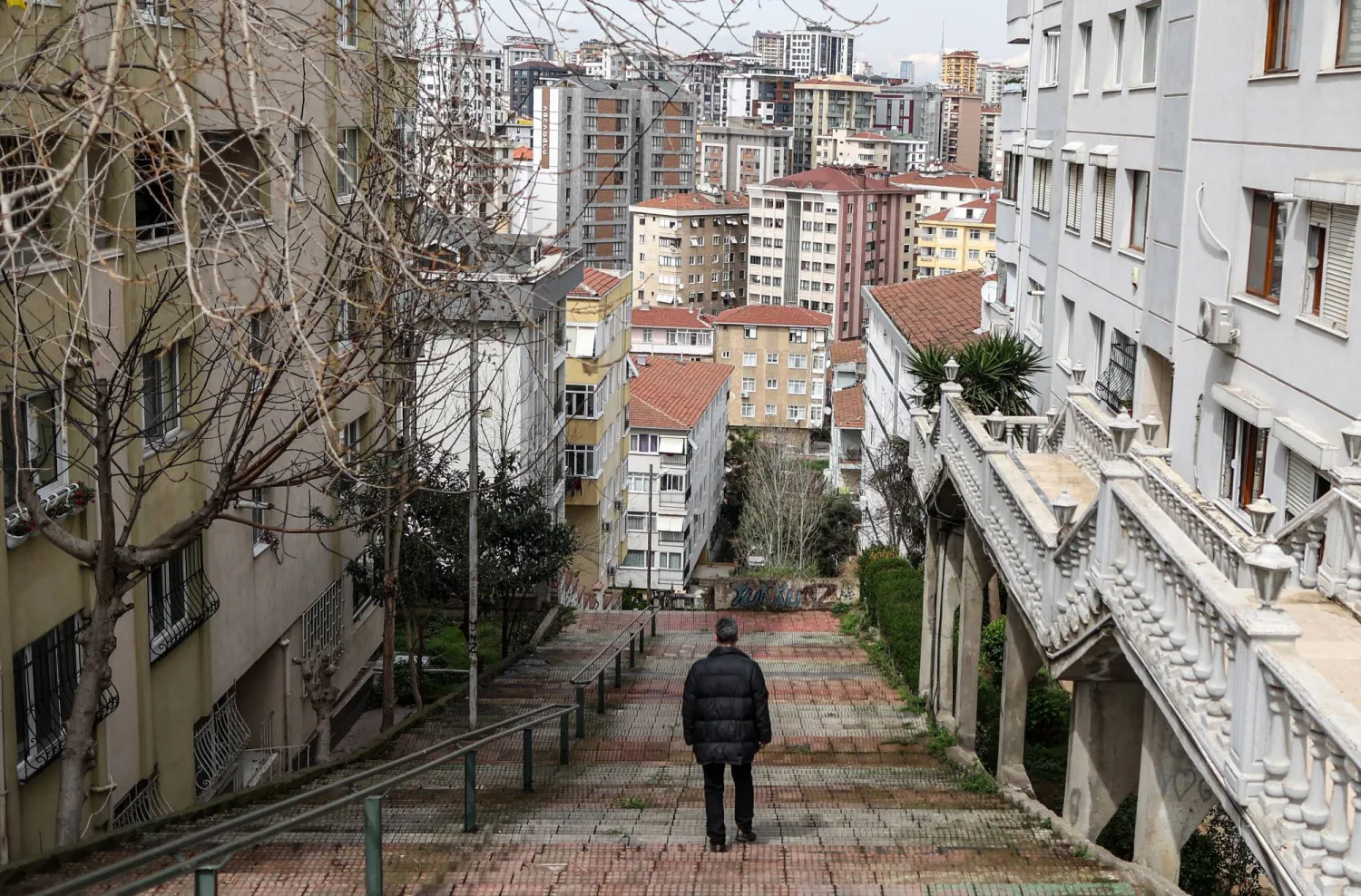The new head of Türkiye's central bank said on Thursday the bank will maintain its tight policy stance until inflation drops to target, as it held its year-end consumer price forecast at 36% despite some expectations it would need to rise.
Presenting a quarterly inflation report in Ankara, Fatih Karahan, appointed to the post less than a week ago, said the central bank will reassess its current policy level if there is a significant deterioration in the outlook.
"We are determined to maintain the necessary monetary tightness until inflation falls to levels consistent with our target," said Karahan, who was named governor on Saturday, having been a deputy governor since July.
Turkey's inflation rate climbed to an annual 64.9% last month, having risen 6.7% on a monthly basis.
On Thursday the bank held its inflation forecasts out to end-2026, when it is seen falling to 9%. "Rapid disinflation" will begin after May of this year, Reuters quoted Karahan as saying.
The presentation came after the surprise resignation last Friday of former bank governor Hafize Gaye Erkan, who cited the need to protect her family from what she called a media smear campaign.
The first woman to run the bank, Erkan had aggressively hiked interest rates to 45% from 8.5% since June to cool inflation, orchestrating a dramatic U-turn away from years of easy money in the face of soaring prices under President Recep Tayyip Erdogan.
Karahan, a former Federal Reserve Bank of New York economist, was one of a few deputies on Türkiye's monetary policy committee who played an important role designing the current tightening cycle.
His first in-person comments as chief reinforced the expectation he will remain hawkish.
"Economic indicators since the previous inflation report period confirm that the monetary policy is on the right track," he said. "We will decisively continue our work to ensure disinflation."
Türkiye: New Central Bank Chief Pledges to Maintain Tight Policy

A man walks amid apartment buildings of the Maltepe district, Istanbul, Turkey, 03 April 2023. (Issued 05 February 2024) EPA/ERDEM SAHIN

Türkiye: New Central Bank Chief Pledges to Maintain Tight Policy

A man walks amid apartment buildings of the Maltepe district, Istanbul, Turkey, 03 April 2023. (Issued 05 February 2024) EPA/ERDEM SAHIN
لم تشترك بعد
انشئ حساباً خاصاً بك لتحصل على أخبار مخصصة لك ولتتمتع بخاصية حفظ المقالات وتتلقى نشراتنا البريدية المتنوعة







